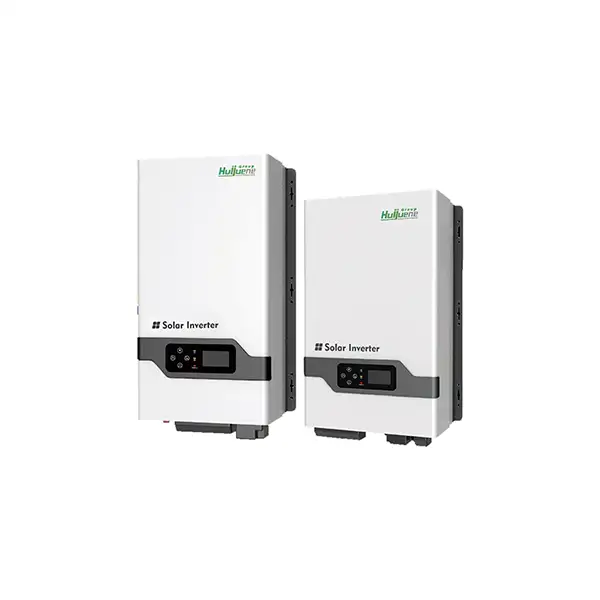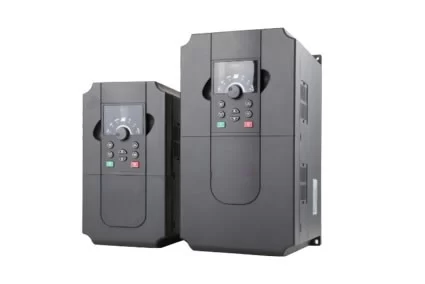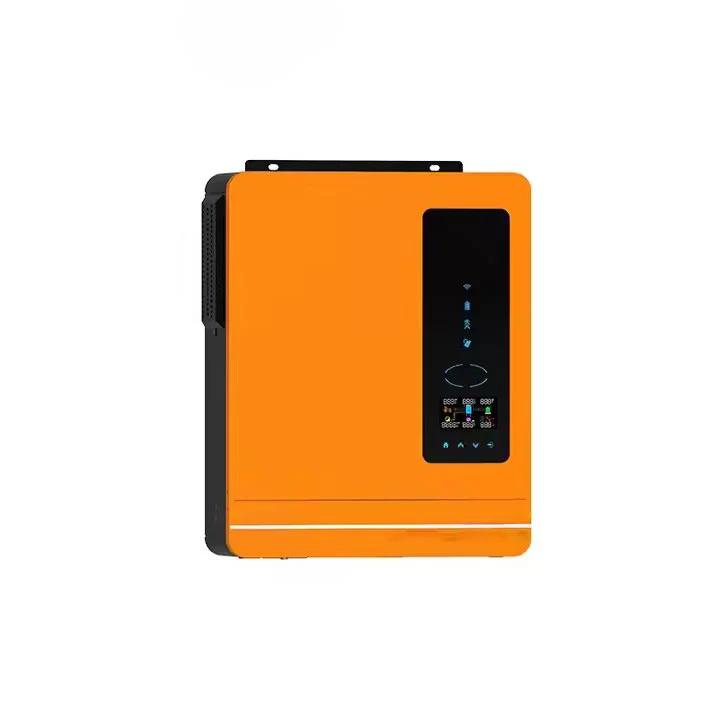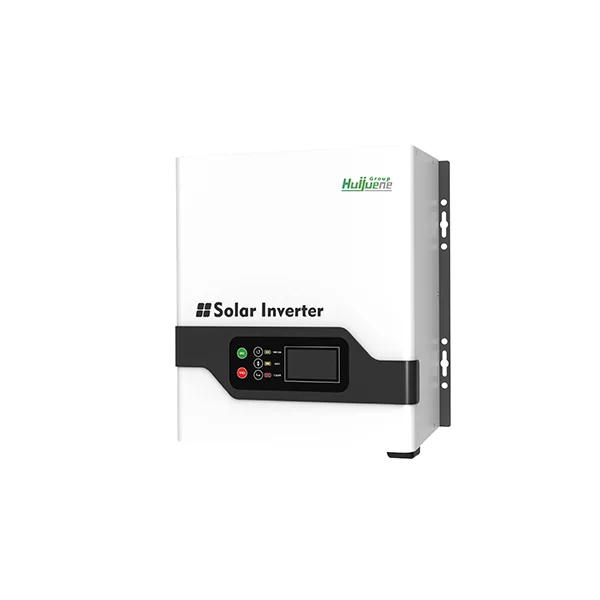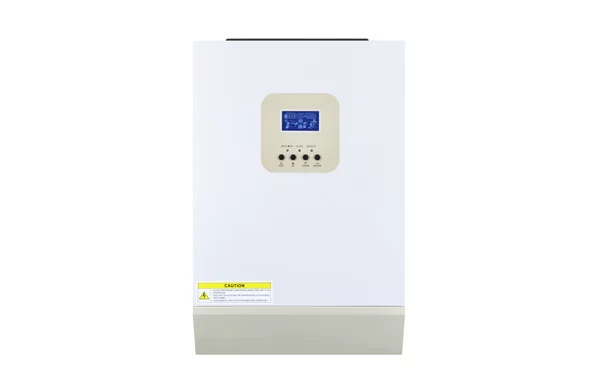Get A Quote Now!
Is the Solar Inverter with Pure Sine Wave Output Worth It?
When you’re sizing or upgrading your solar setup, one question often comes up: Is investing in a pure sine wave type of solar inverter truly worth the extra cost? Whether you’re looking at a standard grid-tie or a more advanced off-grid solar inverter or hybrid solar inverter system, the choice between pure-sine and another type impacts performance, efficiency, and compatibility.
In this article, I’ll walk through what a solar inverter is, why wave-form quality matters, when pure sine wave makes a real difference, and when it may not; real-world cases; and how to decide smartly for your setup.
What is a Solar Inverter?
Here’s a definition box and comparison for clarity:
Definition Box / Comparison Table
Term | Meaning |
Solar inverter | A device that converts DC power from solar panels and often batteries to an AC power suitable for your loads or grid. |
Pure sine wave inverter | A solar inverter whose output AC waveform is near a smooth sinusoidal shape of utility power with very little distortion. |
Hybrid solar inverter | A solar inverter designed to work with solar panels, grid, and battery storage; offers flexibility between grid tie, off-grid, or backup modes. |
Off-grid Solar Inverter | A solar inverter designed for systems not connected to the grid. These are often used with batteries and solar panels to power a load autonomously. |
Why Wave-Form Quality Matters
Your solar inverter may convert DC to AC, but how “clean” that AC is can matter, especially when you connect sensitive electronics, motors, or advanced appliances.
- Pure sine wave inverters produce smoother, cleaner output with less harmonic distortion. As one reviewer noted: “A pure sine wave system … is guaranteed to produce a cleaner output for any piece of equipment connected to it.”
- By contrast, modified or lower-cost inverters may produce a “stepped” or “square” wave that looks functionally similar but can lead to inefficiencies, device noise, or even damage in certain cases.
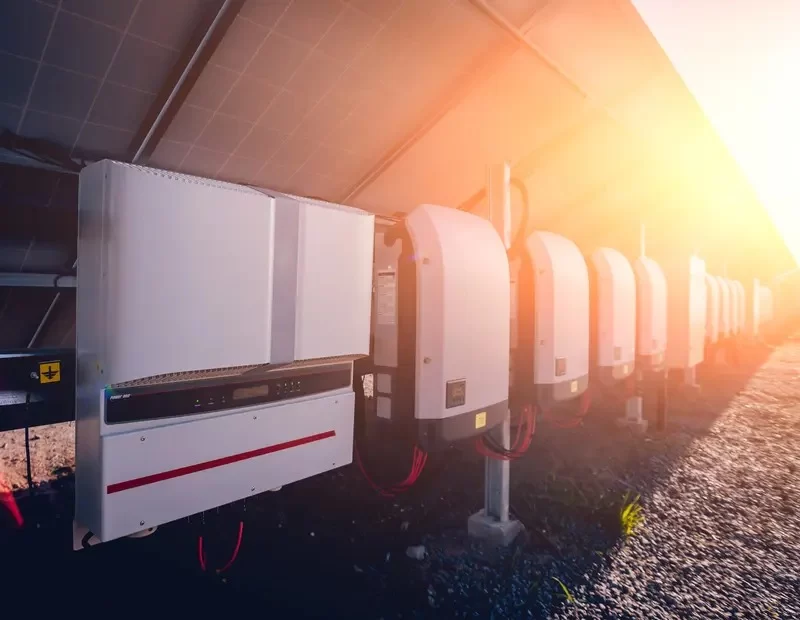
When Is a Pure Sine Wave Solar Inverter Worth It?
Here are scenarios where it stands out:
1. Sensitive Electronic Loads
If your system powers laptops, TVs with dimmers, variable-speed motors, medical equipment, or audio gear, a pure sine wave inverter reduces noise, interference, and potential damage. One buyer guide notes, “If the device uses a motor or is delicate, you may need a pure sine wave inverter.”
2. Hybrid & Off-Grid Systems with Battery Integration
When you’re using a hybrid solar inverter or off-grid solar inverter, more often than not, you rely on the inverter for conversion and managing battery discharge. The cleaner waveform aids in the efficiency of batteries, thereby avoiding excess heat in the loads while better managing system stress.
3. Long-Term System Efficiency & Future-Proofing
The upfront cost may be higher, but in general, a pure sine wave inverter will often yield lower losses, better compatibility, and less likelihood of having to upgrade later. If you are planning to expand your system, add more electronic loads, or use batteries, choosing pure sine may save headaches.
When You Might Not Need It
- If your loads are simple resistive devices: heaters, basic lights, you might get by with a cheaper inverter and modified sine wave.
- If the budget constraint is high and your system is small, you may select a lower cost inverter and then upgrade it later.
- But do ask: what if you want to add more complex loads later? That’s where future-proofing matters.
Real-World Cases
Small Off-Grid Cabin, USA, 2023
A homeowner had a 5kW off-grid solar inverter system installed with a mix of basic appliances. First used a standard inverter, and when a fridge started humming and battery bank degradation started progressing faster, they replaced it with a pure sine wave inverter. Result: quieter fridge motor, 12% better usable battery capacity.
Commercial Solar + Battery System, Pakistan, 2024
In Pakistan, a big hybrid solar inverter system serves a small business. They chose a pure sine wave solar inverter to run industrial AC motors and sensitive control equipment. The installer said it has less faults and less downtime than other installs in the neighborhood that are using cheaper units.
Key Factors to Consider (My Analysis)
When considering the purchase of a pure sine wave inverter:
- Check your load profile: What appliances? Motors? Variable drives?
- Check the inverter specifications: THD, quality of output waveform, and compatibility with batteries.
- Check budget vs lifecycle cost: Up-front premium vs. possible savings/longer life
- Quality and service check: Especially in areas such as Pakistan, where service access might matter.
Quick FAQ
User-question: Will my laptop charger work on a modified sine wave inverter?
Answer: Probably yes—many rectified loads tolerate it—but it might run a bit less efficient or warmer. You might not need pure sine if you’re okay with that.
User-question: Is the added expense of a pure sine wave solar inverter worth the cost for simple lighting and fans?
Answer: If only basic loads, maybe not. But the cost difference is smaller than it used to be, and the extra insurance for future loads often makes it worth considering.
User-question: Does a pure sine wave inverter improve battery life?
Answer: Indirectly yes—less stress on loads, fewer harmonics, less heat—these factors contribute to better system efficiency and less wear.
My Recommendation
From working on solar systems, my view is this: you can have a simple inverter to begin with and monitor what loads you add later if your system is small, simple and budget-tight. But if you’re planning an off-grid setup, hybrid battery system, or you use motors, sensitive electronics, or future growth is likely-investing in a good pure sine wave solar inverter is a smart move. It gives fewer restrictions, better compatibility, and peace of mind. Leave room in your budget for quality and for expansion in the future. It’s less about “making voltage AC, ” and more about making voltage AC well and reliably.
If you want a detailed buying checklist comparing the top hybrid solar inverter models, specifications for pure sine wave performance, plus region-specific installers-for example, in Pakistan-I can pull one together for you next.

